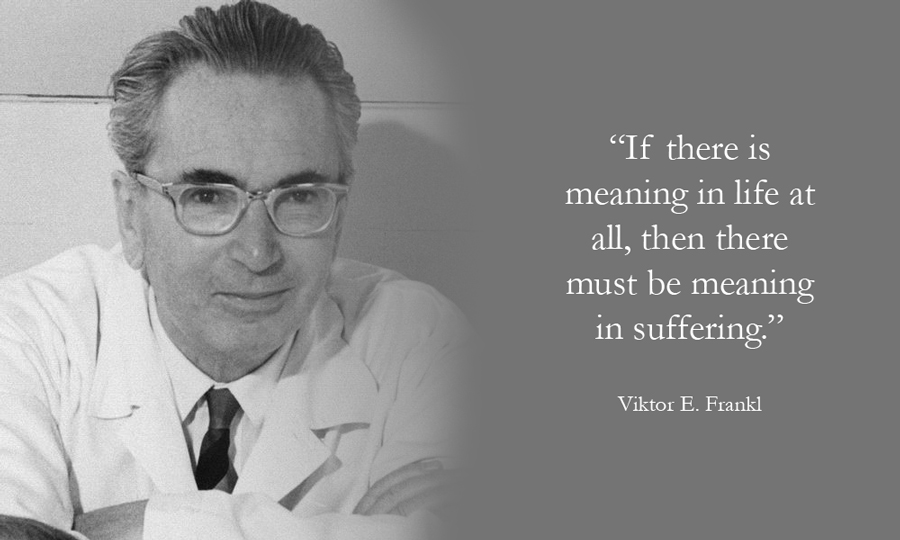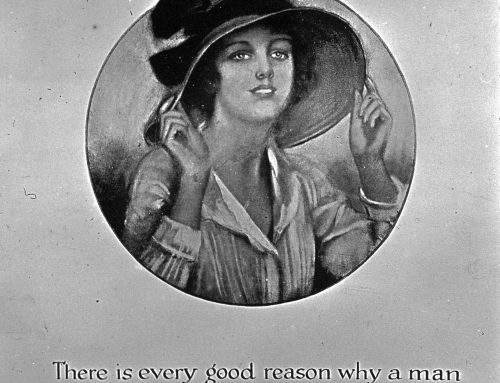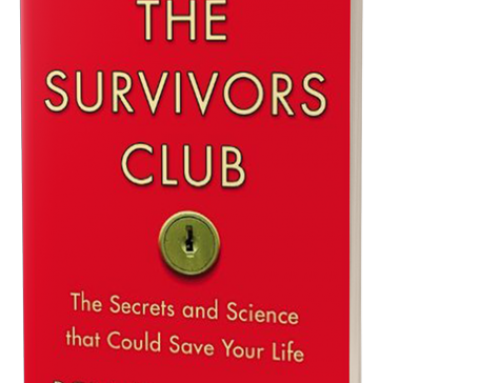This is part 13 in the series: RESILIENCE
Adversity is necessary for greatness
What’s one of the greatest books written in the twentieth century? It’s “Man’s Search for Meaning“, by Viktor Frankl. I strongly recommend it.
Viktor Frankl was an Austrian Jew, captured and put in Auschwitz and Dachau slave labor camps. It is his story of survival of the prison camps and it is one of the best books about Post Traumatic Growth (even before Post Traumatic Growth had a name).
All I control is what I think, and they can’t control that.
When you read his book, you will find he was stripped naked of everything. They took his wife. They took his parents. They took his life’s work. Standing naked in the shower room about to be de-loused, he realized, “All I have left is what’s in my head. All I control is what I think, and they can’t control that. They can control my behavior. They can control where I am, what I do, how I work, but they can’t control the content of my thought.” To him, that was his source of freedom. If you want to learn about mental discipline and overcoming adversity, his book is a great place to start.
We see great works of literature, politics, and religion come out of adversity. If we look at prison works:
- Václav Havel wrote most of his letters to his wife in prison, which were the catalyst for the revolution in the Czech Republic.
- For Martin Luther King, Jr., the letters from the Birmingham jail were central to the Civil Rights Movement.
- Pastor and theologian Dietrich Bonhoeffer’s letters came from a prison camp where he was eventually executed for his role in a plot to kill Hitler.
- The Apostle Paul wrote many of his letters from house arrest or prison. They changed the course of Western Civilization.
Adversity is necessary for greatness.






